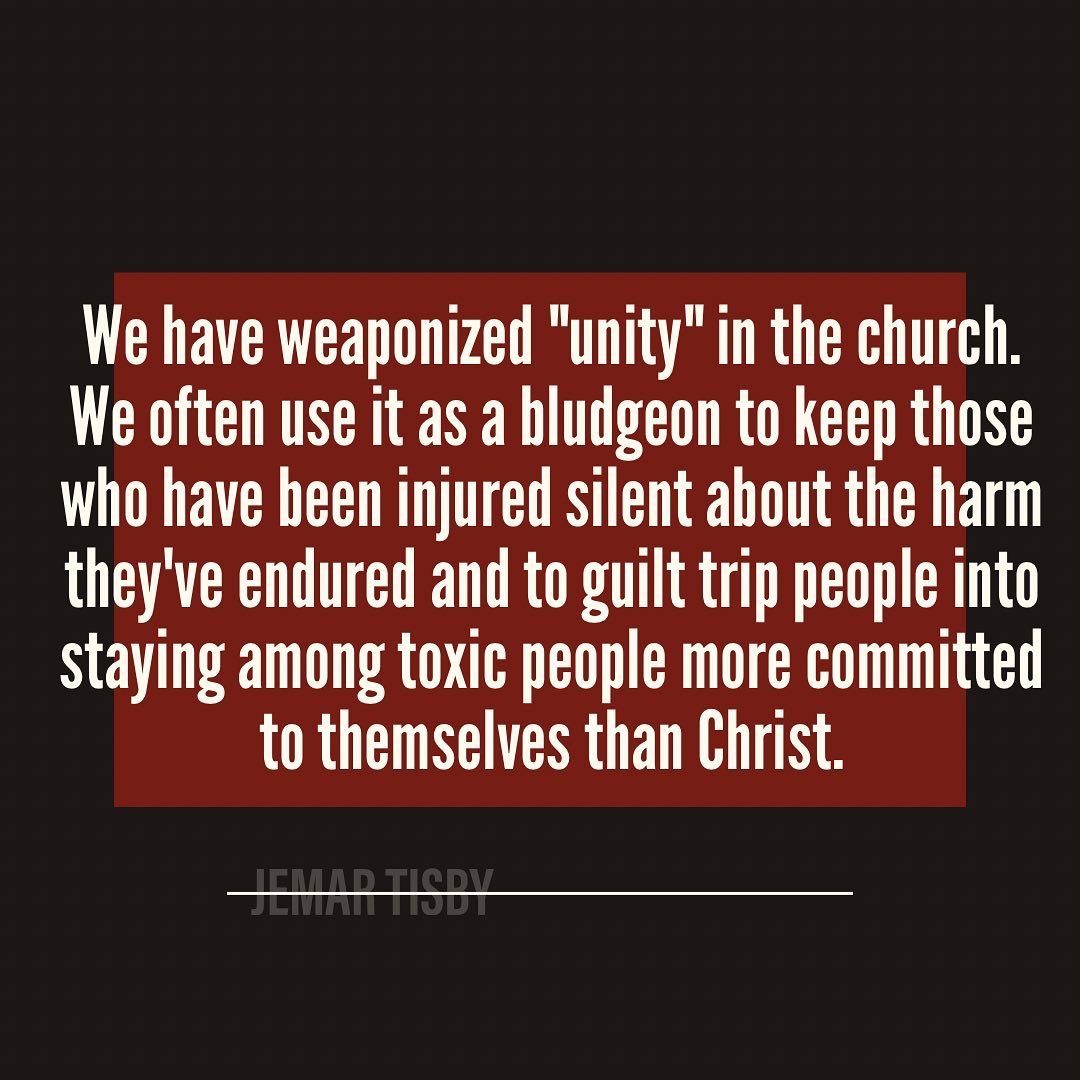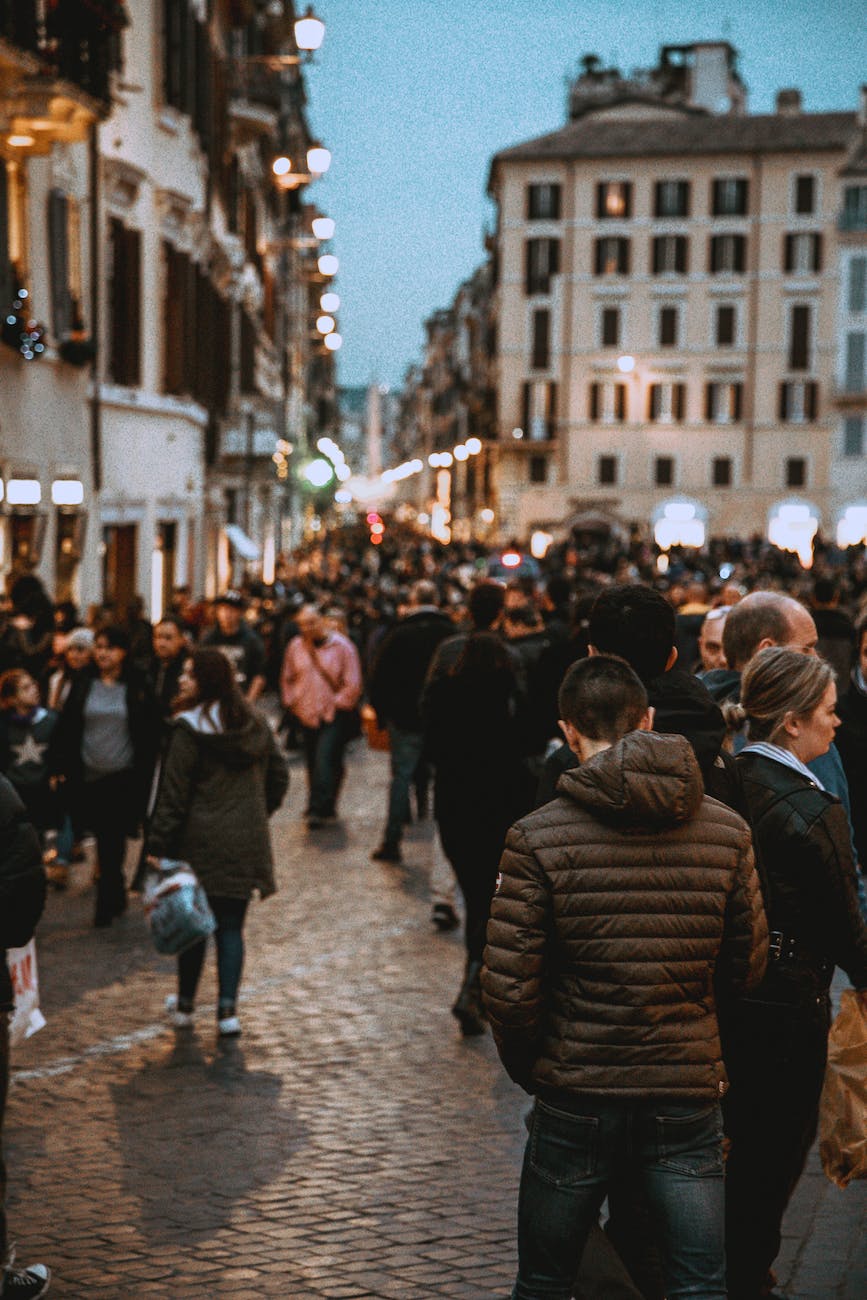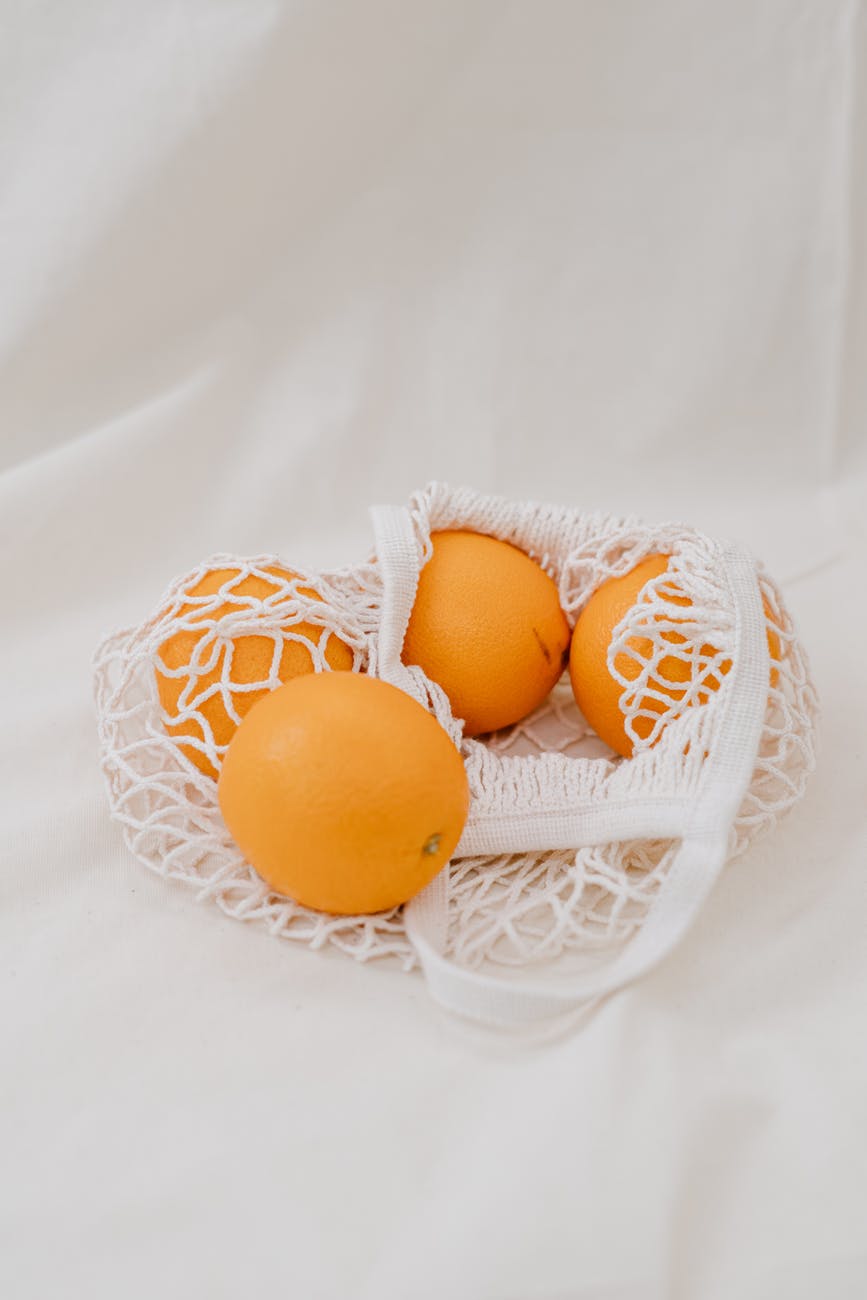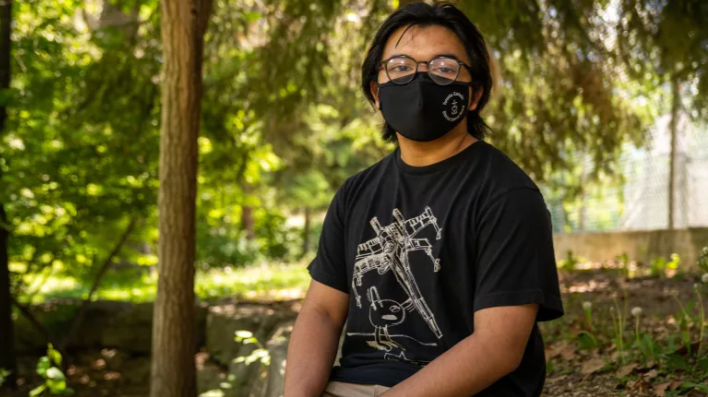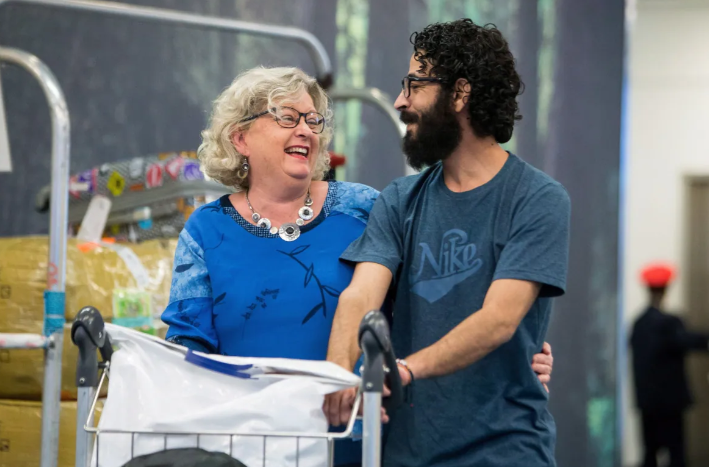
There is disturbing evidence coming from a CBC report that a fundamentalist group is actively working to radically change the Canadian landscape, through direct political intervention.
“Liberty Coalition Canada, a conservative Christian advocacy group, is trying to raise $1.3 million to recruit hundreds of Christian politicians and campaign staff to run at all levels of government.
In a document marked “please keep classified” that was obtained by CBC News, the group says its ultimate goal is “the most powerful political disruption in Canadian history.”
The details are extensive, and disturbing. I won’t repeat them all here, but do encourage you to read the full article. The essence of the work is that they believe in a very fundamentalist version of Christianity, one which goes against Canadian anti-discrimination laws, among other things. It’s hostile to various minorities, and reinforces a very negative patriarchal structure that belongs far in the past.
CBC
What matters here, for today, is this:
Often, progressive and inclusive faith groups and others have been content to simply quietly act inclusively, while accepting the discriminatory policies of others, even within the same denomination, in the name of “unity.” Basically – “if you want to discriminate against LGBTQ+ people and I don’t, we’ll each do what we want and turn a blind eye.”
Personally, I don’t think discrimination is one of those “we can agree to disagree and still have unity” kinds of things. And, I think that, if the discrimination was on any other factor (eg skin colour) – “You only want to allow whites in your church and believe in allowing minorities”, I don’t think we would be so quick to agree-to-disagree in the name of “unity.” We simply do not allows congregations within our denominations (at least any that I am aware of) to choose whether or not to allow racial minorities into their buildings or not.
However, even if we thought that worked in the past (which I don’t think it did), we are absolutely past that point now. Ultra-right wing Christian nationalists are passing anti-LGBQT+ (and other) laws in the US at an incredibly rapid rate, and those influences are coming into Canada, faster than we would like.
Doing inclusion quietly, without rocking the boat, is not enough. We need to speak up, be loud and open about what we believe in. Well funded groups are working intentionally and directly to use the electoral system to take away basic rights from many Canadians. We can not let this happen. As Canadians, we are polite and nice. That should not change. However, we need to make our voices heard – clearly and in mass mobilizations, to elect governments who will not let these terrible things happen.
Let’s amplify our voices, and put an end to the discrimination. We can do it, together.



